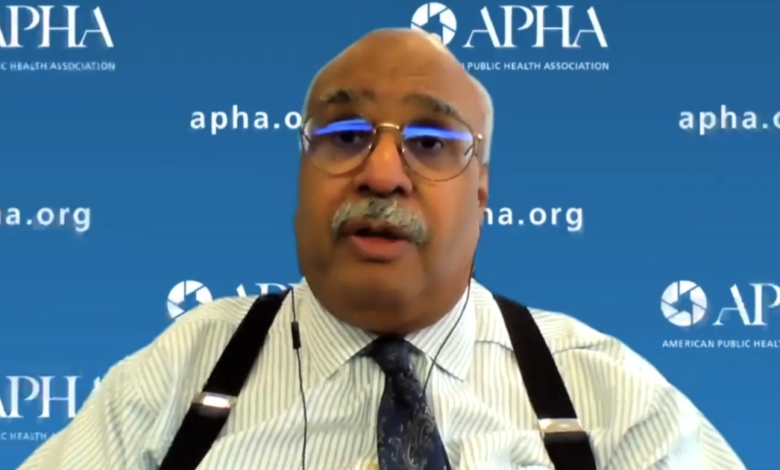
WASHINGTON, D.C. — As we continue to see harsher temperatures and more intense natural disasters, the Department of Health and Human Services is announcing a new climate change effort.
They say a new federal office will treat the climate crisis as a public health issue and focus on how it impacts health and equity. It's expected to make it easier for existing climate change offices to work together.
“That's going to help bring together all of the various divisions within the Department of Health and Human Services to try to coordinate this activity and then reach out across government to build and integrate health into all the things that they're doing,” said Dr. Georges Benjamin, the Executive Director of the American Public Health Association.
That could mean changes when it comes to housing, infrastructure, the workplace, and how hospitals operate.
Dr. Benjamin says all sectors are connected when it comes to our carbon footprint. And although utilizing more green energy could be costly at first, there are both immediate and long-term benefits that outweigh that.
“Yes, there are clearly things that happen, you know, years out that impact your health but imagine if we could do real, significant adaptation early on and begin to mitigate this for the long haul. We can get a phenomenal return on investment simply in terms of what people breathe every day,” said Dr. Benjamin.
Cleaner air could mean fewer hospital bills for things like heatstroke and smoke inhalation, and less damage when natural disasters hit.
The National Oceanic and Atmospheric Administration reports the U.S. has been spending $121 billion a year on natural disasters for the last four years. That's more than double the 40-year average.
“Climate change is here today and it's impacting our health today, and we have the means to change it today,” said Dr. Benjamin.









